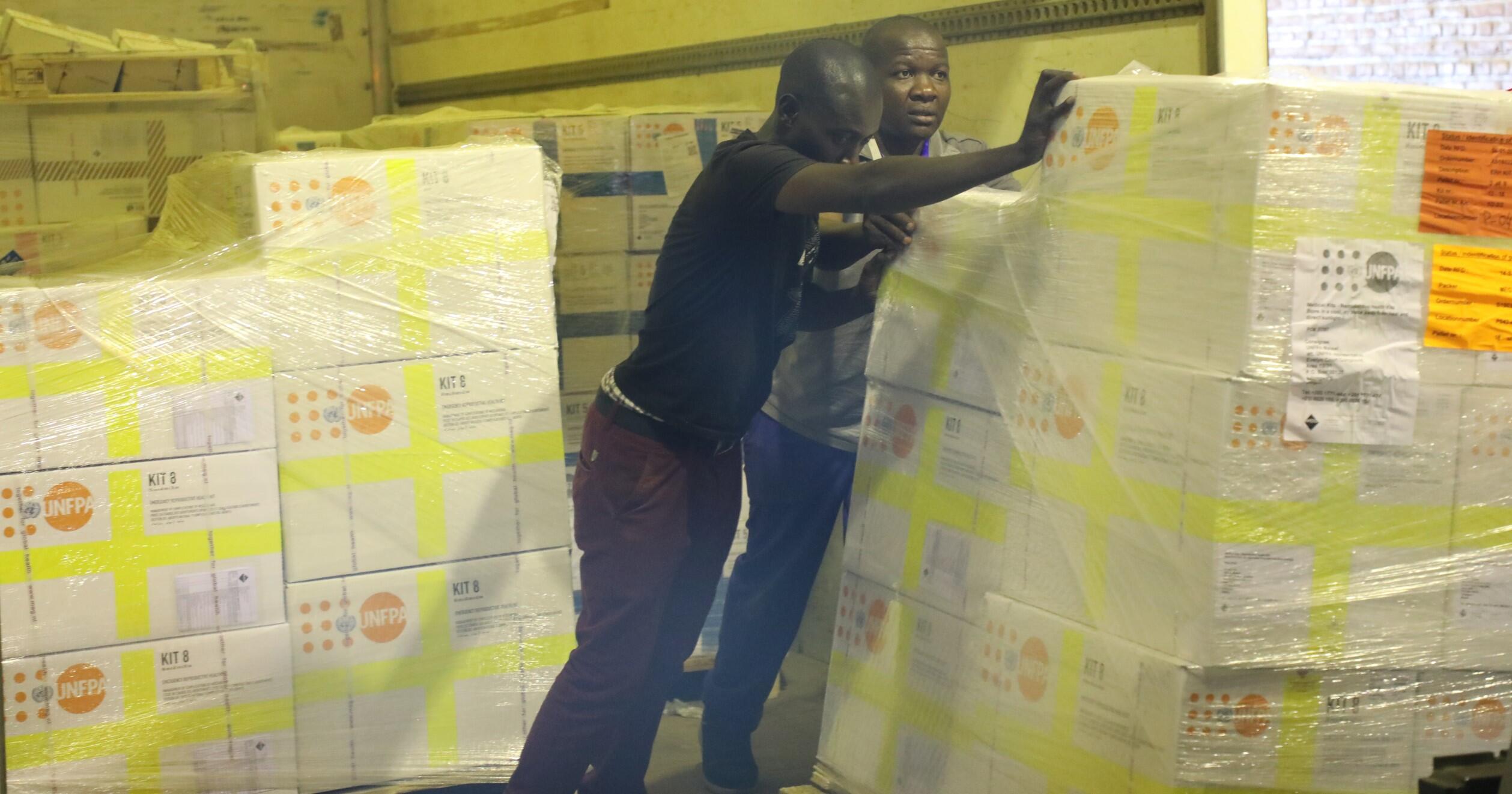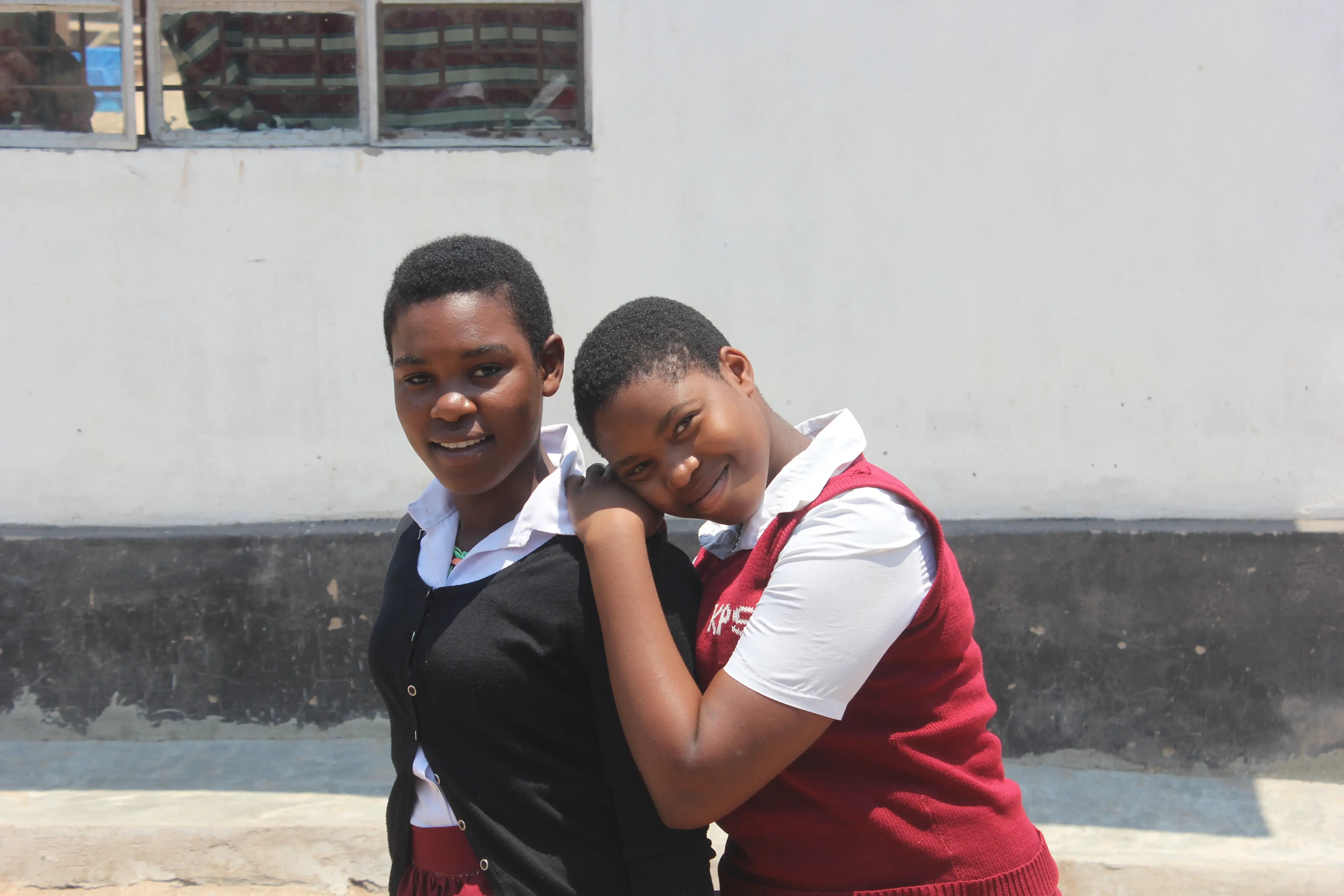LILONGWE, Malawi- With one maternal death and four complicated cases already reported and more than 7000 expected deliveries – in the next three months- among the women of child bearing age displaced by floods in Malawi, UNFPA has quickly brought in country reproductive health kits that will ensure clean delivery, management of miscarriage and complications of abortions, rape and STI treatment. Overall, the RH kits are meant to prevent maternal and neonatal deaths.
UNFPA’s participation in the Inter-Agency assessment has documented situations where pregnant women are delivering in the camps with unskilled birth attendants. Health facilities are far from each other and the flooded roads are impassable to access health care services and the affected population has limited access to information on where the women can get the services in the absence of community outreach.
“the roads have been cut and accessibility to health facilities is very difficult, says Humphreys Shumba, the Humanitarian Coordinator for UNFPA Malawi – “Two facilities have been submerged destroying drugs and supplies, equipment and health records”
the roads have been cut and accessibility to health facilities is very difficult ....Two facilities have been submerged destroying drugs and supplies, equipment and health records
Of the population affected, it is estimated that 217,224 are women of child bearing age. Approximately 173 camps have been set up to provide shelter to the affected people, and at least two health facilities (Makhanga and Ndamera) in Nsanje District have been adversely affected making referral of cases extremely difficult.
Malawi is currently facing a humanitarian crisis due to floods that have affected 15 of the 28 districts leaving more than 730,000 people requiring immediate humanitarian response.
UNFPA Response
Girls, boys, men and women are all sleeping in common make shift shelters with poor lighting. This situation creates the risk of rape/sexual assault of girls and women and no safe spaces have so far been established to support women and girls. As an entry point to management of gender based violence, 5000 dignity kits have been ordered to address women and girls sanitary and dignity needs in the camps. Contents of the kits include Soaps, underwear, sanitary pads, sanitary cloth, wrapping cloth, tooth pastes, shavers, plastic bucket, and plastic cup, among others.
More kits are yet to come as efforts are still underway to secure CERF funding to procure 10,000 extra dignity kits to ensure the dignity of more women and girls is secured.
NGOs are being engaged as partners to provide information on prevention and management of GBV to address limited information available on where the women can get SRH and GBV related services in the absence of community outreach
On 8 March, Malawi’s President, Prof. Arthur Peter Mutharika declared a State of Disaster in areas affected and called for both local and international organisations to join the Government in providing relief.
-Henry Chimbali-




